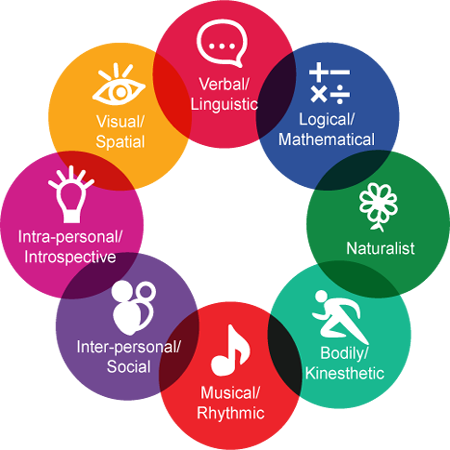Teaching Philosophy

My philosophy of teaching focuses on children and their individual needs, teaching strategies to help develop student learning, development of citizenship, and development of cultural awareness. It is important for me to acknowledge and understand the individuality of children to address their educational needs. To accomplish this, I perform assessment tasks and observations that inform me of each individual child’s strengths and weaknesses. Assessing children’s’ needs allows me to become aware of their individual interests and capabilities. To attract and meet the children’s needs, I use creativity to generate curriculum that will capture children’s interests and motivate their learning. This also helps me create rapport because I build relationships and connection with the children in order to understand and incorporate their interests within the classroom.
To allow children to become independent learners, my teaching strategies incorporate direct instruction with an implementation of various other strategies: motivation, explanation of objective, engaging instruction/ learning activities, modeling, guided practice, grouping strategies, and assessments. To keep addressing different types of learners, I also include technology, manipulatives, and visuals within my daily instruction. It is very important to have a variety of teaching strategies so that I can address different types of learners and keep them motivated on a daily basis. My concentration is Literacy; therefore, I also believe in promoting lifelong reading. I have begun building a classroom library that holds a variety of books to help capture different student interests. I attempt to make information memorable so that children can make connections throughout subjects and find the relevance it has within their daily life.
I believe it is very important to teach good citizenship and practice positive Character traits. I want children to accept, help, and care for each other through encompassing honesty, respect, and loyalty. Therefore, I believe building strong cultural awareness will help children gain knowledge and accept and respect each another. As a teacher and bilingual speaker I am very aware and understanding of the diversity in society today. Now, more than ever, it is essential for children to become aware and proud of their own culture. It is equally as important for children to become aware of the different cultures that surround them. It is significant for children to understand and encourage each other in order to facilitate problem solving and create a more safe and welcoming classroom environment.
"Share our similarities, celebrate our differences."
-M. Scott Peck